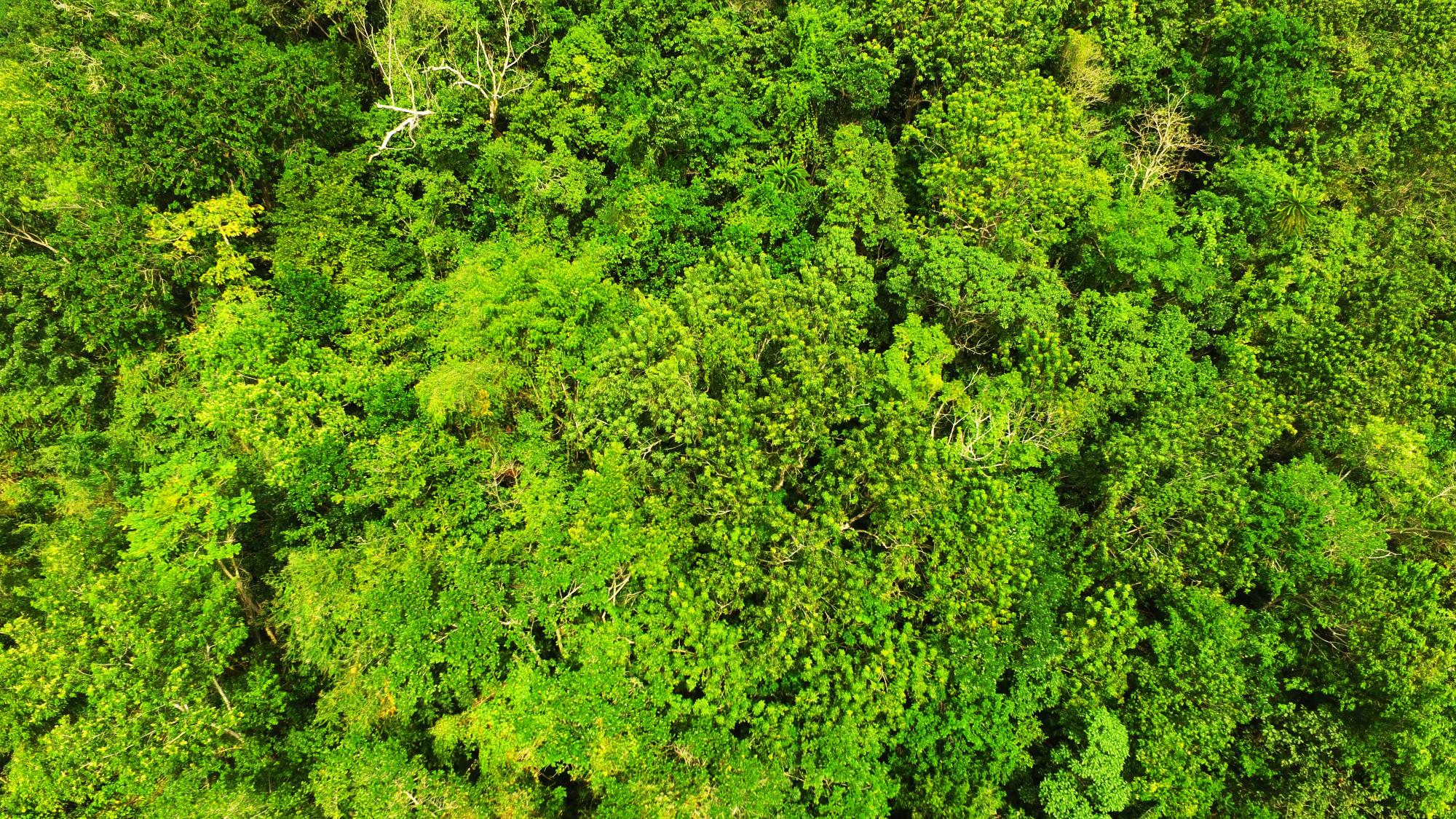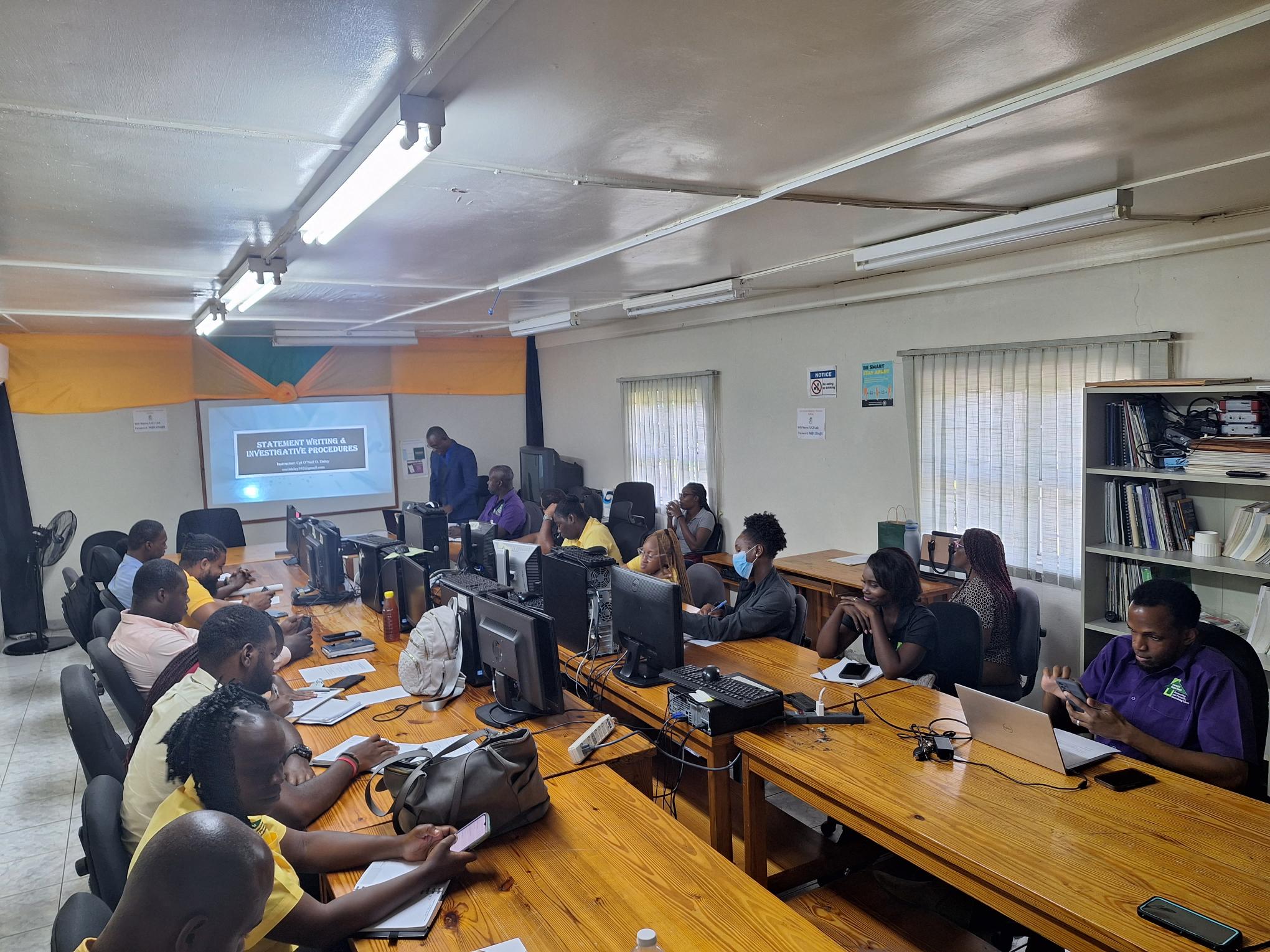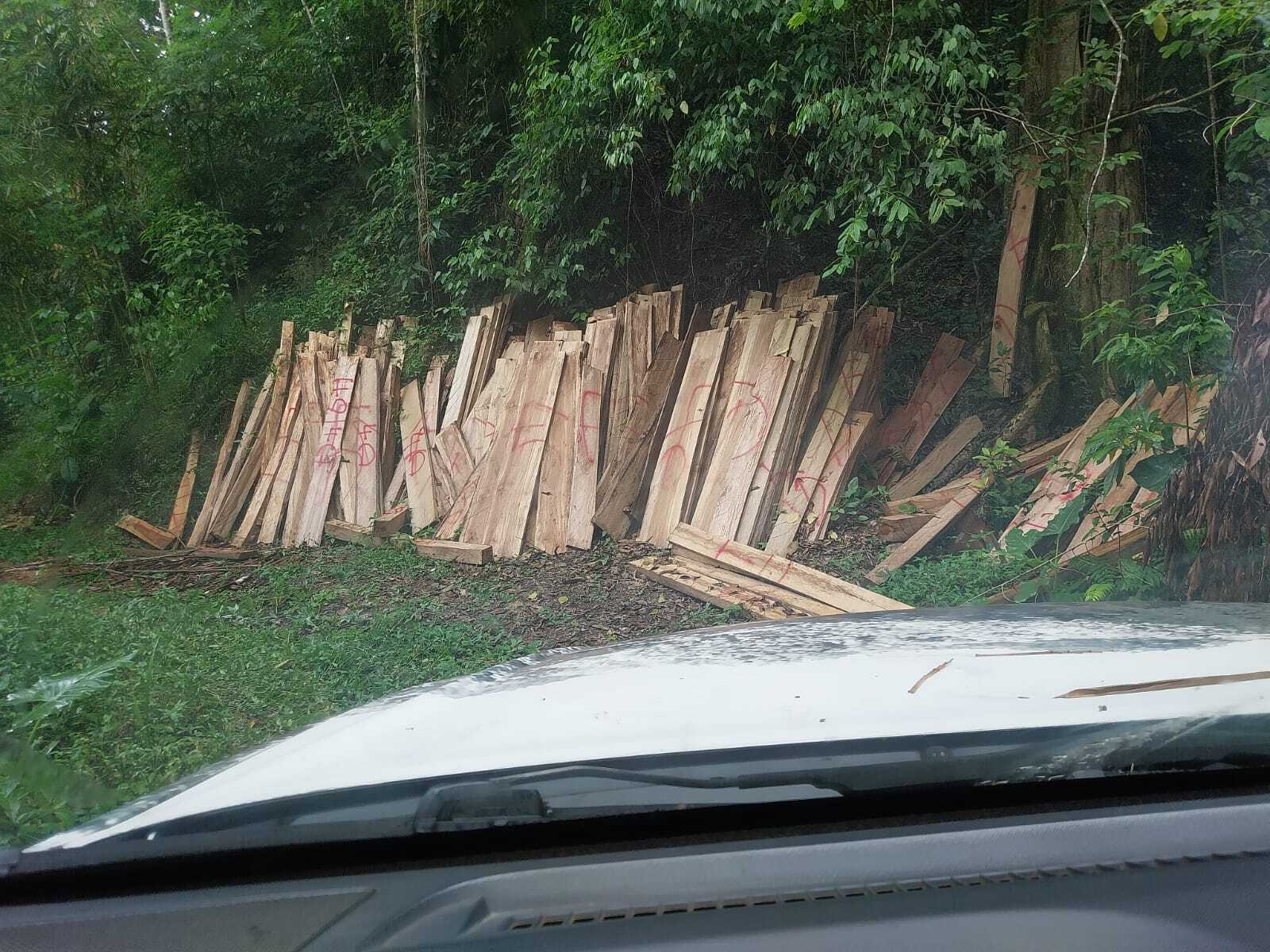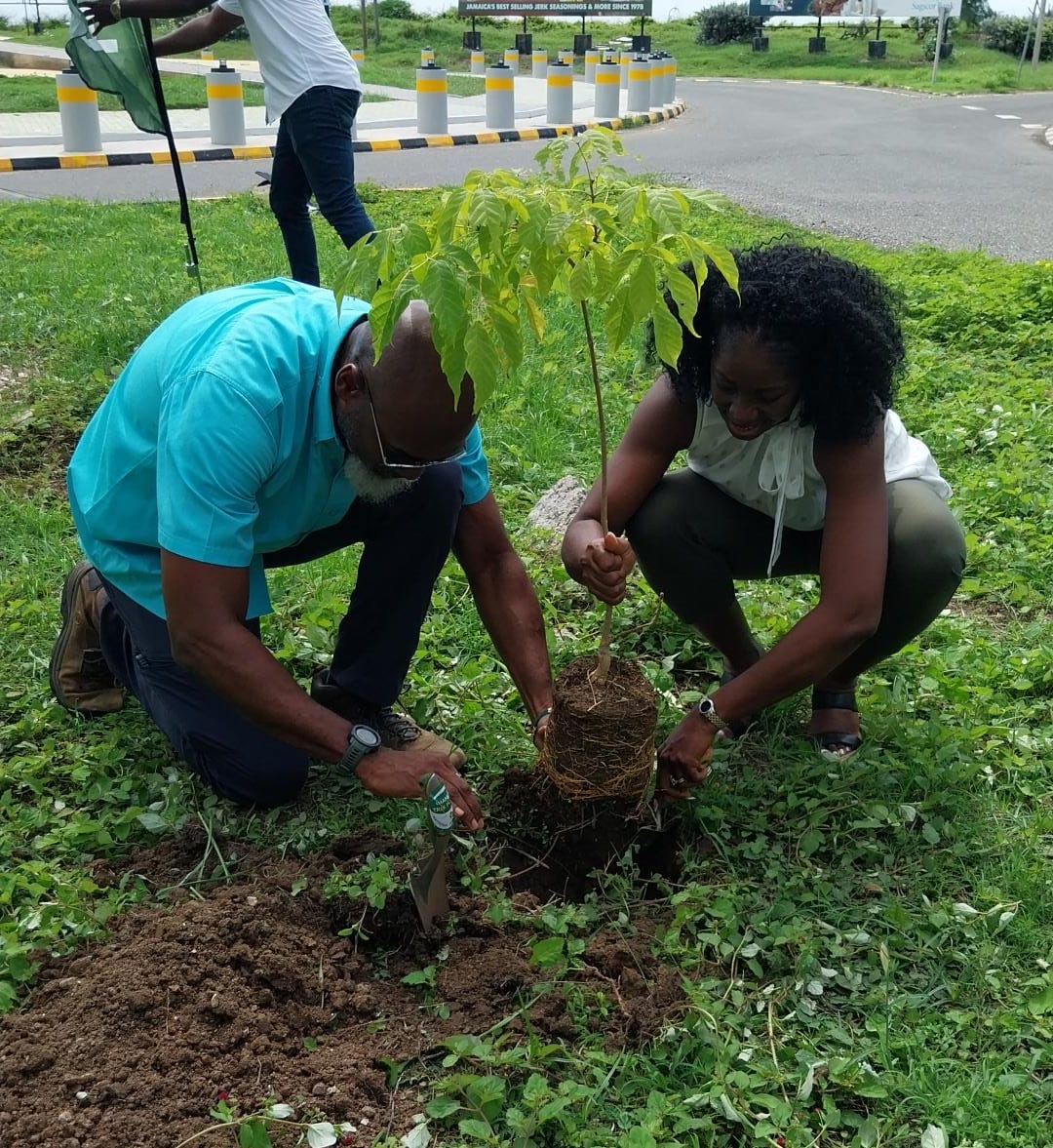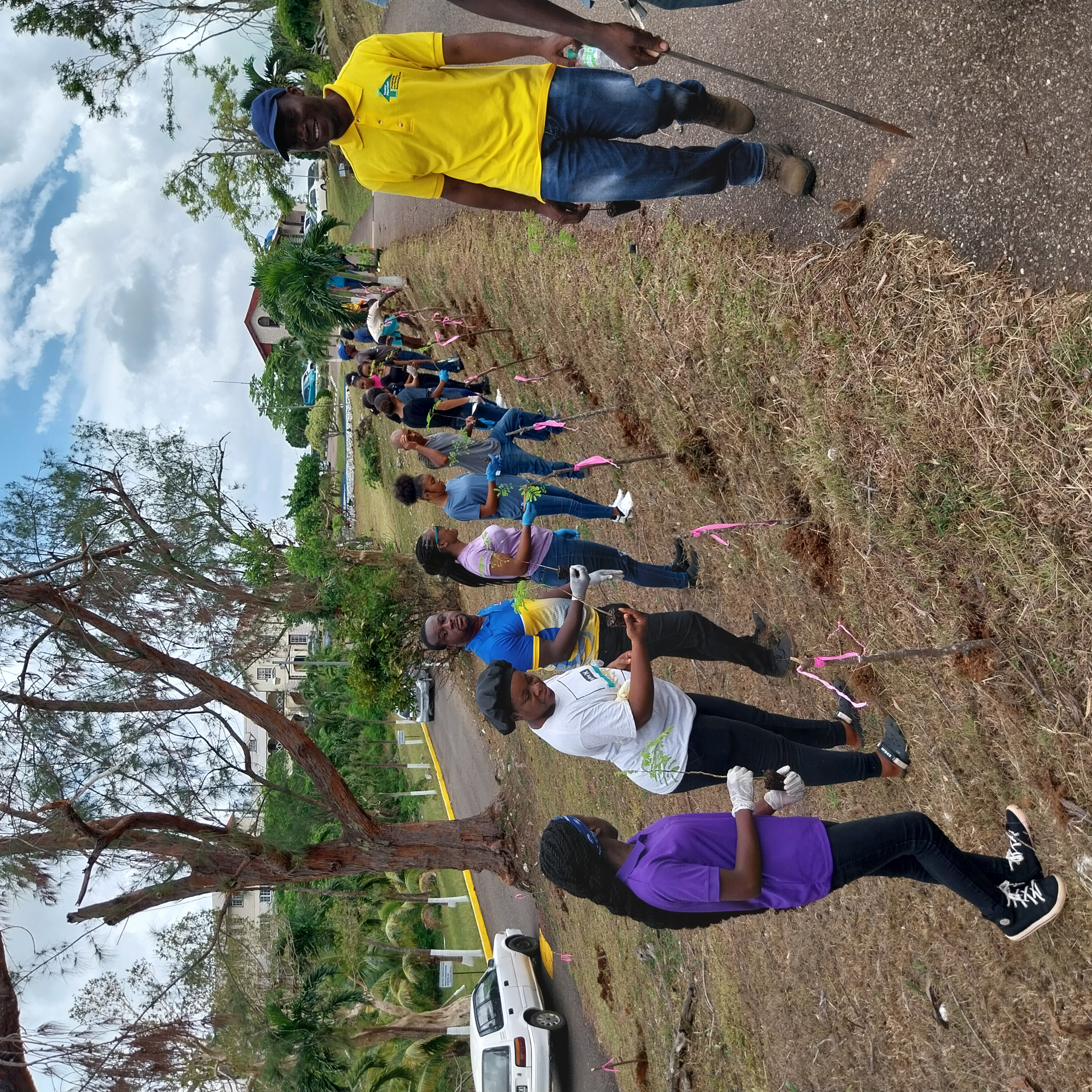Harnessing Technology and Innovation for Sustainable Forest Management in Jamaica
Jamaica, with its diverse forest types, biodiverse ecosystems, and vibrant flora and fauna, is a treasure trove of natural beauty. However, like many nations, our small island faces the dual challenge of preserving its forests while meeting the socio-economic needs of its people. Technology and innovation have emerged as powerful allies for the Forestry Department (the Agency) in this endeavour, offering transformative solutions for sustainable forest management.
One of the most significant advancements in recent years has been using remote sensing technologies such as satellite imaging and drones. These tools provide invaluable insights into forest cover, land use changes, and ecosystem health reflected in the Land Use/Land Cover Change Assessment (LULCA) we are conducting. Using high-resolution satellite imagery, the Forestry Department can accurately identify deforestation and forest degradation as well identify regeneration and restoration of forests. This data informs decision-making on the practices to be used to ensure the sustainable management of the island’s forests.
In addition to technological advancements, innovative forestry practices are crucial in promoting sustainable land management in Jamaica. CEO and Conservator of Forests, Ainsley A. Henry, says, “With techniques like increasing native planting options, precision planting, social-forestry and agroforestry, we are restoring degraded lands and creating resilient forest ecosystems that sequester carbon, mitigate climate change, increase resilience and provide habitat for biodiversity.”
Agroforestry, for instance, integrates trees into agricultural landscapes, providing multiple benefits such as soil conservation, carbon sequestration, food security and diversification of income sources for local communities. Similarly, reforestation initiatives aim to restore degraded ecosystems, enhance biodiversity, and mitigate the impacts of climate change. By embracing these nature-based solutions, Jamaica can create resilient landscapes that support both ecological integrity and human well-being.
While technology and innovation offer immense potential for sustainable forest management in Jamaica, challenges remain. Limited access to technology, inadequate infrastructure, and capacity constraints hinder widespread adoption and implementation. Moreover, ensuring the inclusivity and collaboration of local communities, policymakers, and private sector groups is essential for the success of forest conservation efforts.
Technology and innovation are indispensable tools in Jamaica's quest for sustainable forest management. By leveraging these tools and other innovative strategies, we can enhance our ability to monitor, conserve, and restore our precious forests.


